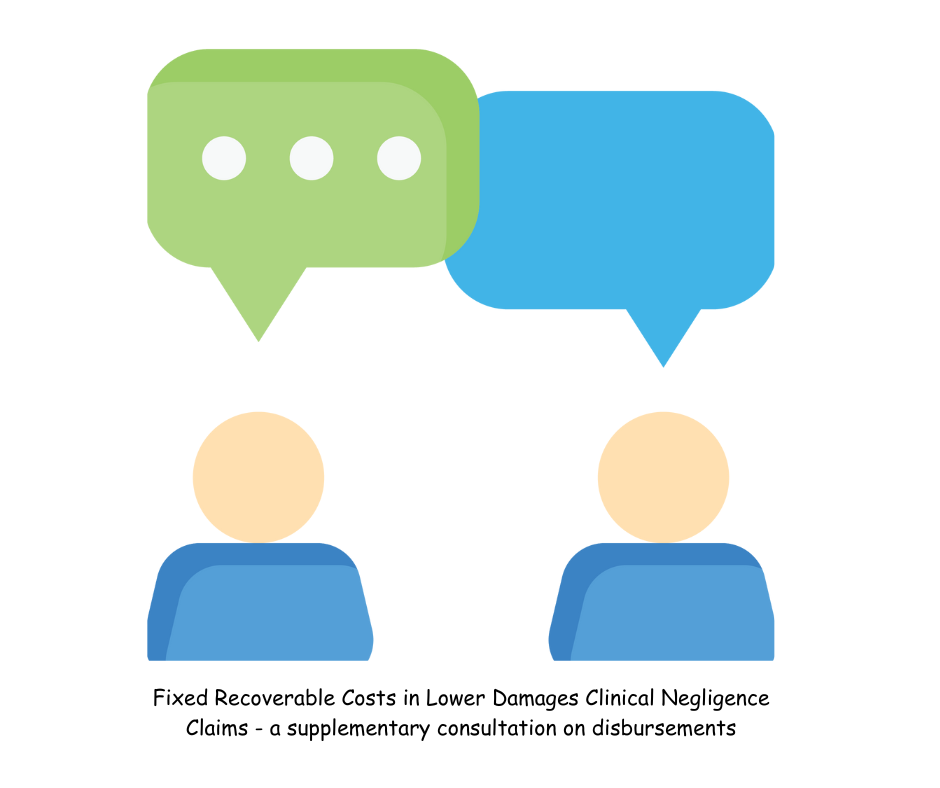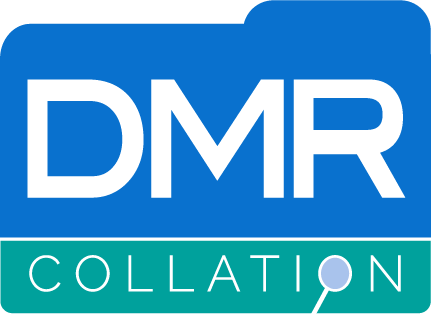
We responded to the Department of Health and Social Care Consultation “Fixed recoverable costs in lower damages clinical negligence claims – a supplementary consultation on disbursements” which ran between 15 September to 27 October 2023. While the consultation was running the Department of Health & Social Care detected an error in the online survey accompanying the consultation which prevented contributors from responding to Question 2 which asked “Do you have an alternative proposal?”. To ensure that all contributors have a chance to respond to this question the Department has decided to re-open the consultation to allow individuals to respond to this question if they wish. This extended period for contribution runs for a further 6 weeks and closed on 22 December 2023.
As such we have today resubmitted the our following response to Question 2 of the Consultation:
__
We propose that pagination fees be considered separately from fixed costs and provided as an additional recoverable disbursement.
When it comes to clinical negligence litigation, an orderly and paginated medical records bundle is crucial evidence. The complexity of a case, medical history, and records cannot be accurately assessed until the records are fully indexed and paginated. Pagination firms offer a cost-effective solution, working at a lower hourly rate than in-house legal professionals or medical experts.
Pagination firms have developed a streamlined process that is detailed and intricate, requiring extensive knowledge and training to sort records, create indexes, and identify missing records. They also handle supplementary tasks such as radiology processing, call recording transcription, and record digitisation in a more time-efficient and cost-effective manner than a law firm could.
In addition, pagination firms can share the cost burden of helping claimants seek access to justice, offering delayed invoicing for up to two years, deferred payment schemes from two years to the life of the case, fixed cost schemes, and budgeted collation.
The consequences of not allowing for full recoverability of pagination costs include limited access to justice, as solicitors may not take on claims that rely on voluminous or complicated medical records. Pagination costs may also be passed onto claimants, deterring individuals from pursuing legitimate claims.
Law firms may bring pagination in-house to save costs, but this will lead to more expensive and substandard collation, resulting in inefficiencies, misunderstandings, and potential delays. Report-writing will also take longer because unsorted medical records do not present in a useful order and are often incomplete. Claims that should have been abandoned at the pagination stage may only be discovered at a later stage, incurring more costs.
In conclusion, by disallowing pagination costs as a separate recoverable disbursement, law firms may be forced to abandon the use of pagination firms as an efficient and cost-effective way of producing a paginated bundle of medical records.
__
What can you do to help?
If you would like to respond to this consultation please find the link below to do so.



